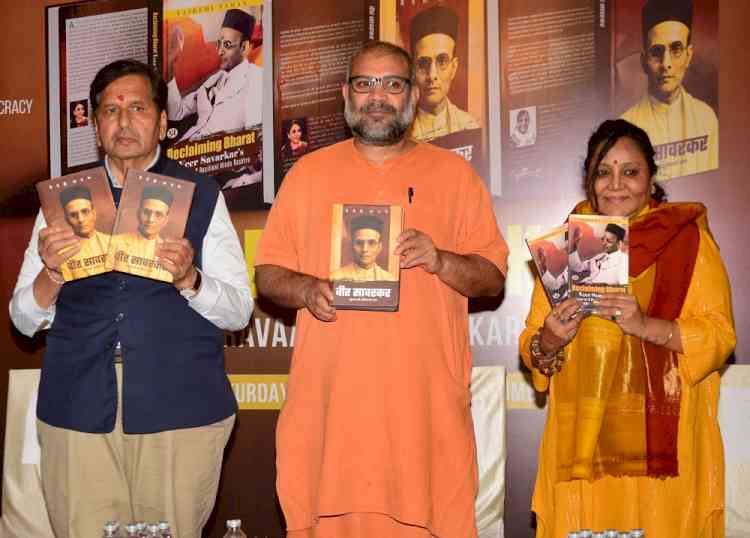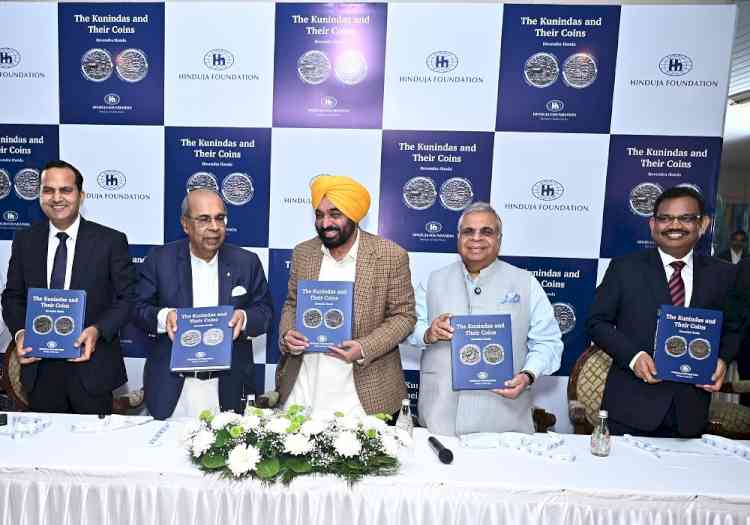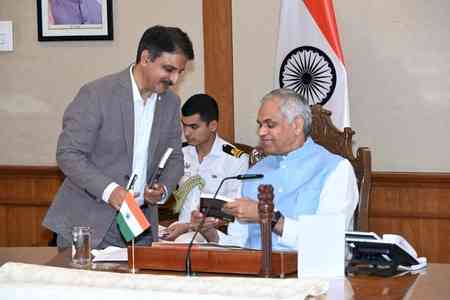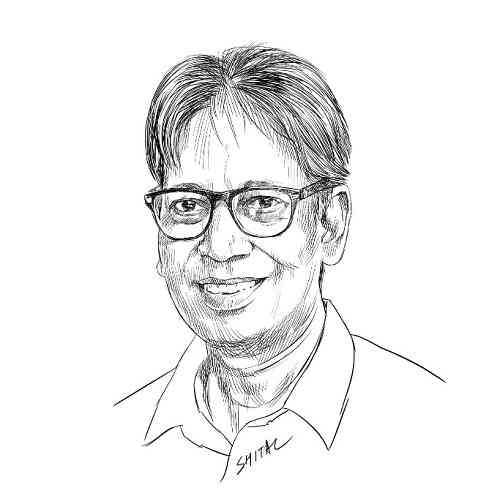Having a choice is the essence of India: Poet K. Satchidanandan
Someone who the 'Los Angeles Times' and 'The Guardian' newspapers reported as a potential winner for the Nobel Prize for Literature in 2011 and 2022, K. Satchidanandan, a pioneer of modern poetry in Malayalam, translated widely into different international languages stresses that at a time when multiplicity of cultures is being challenged, artists need to emphasise the diversity that forms the very core of India.
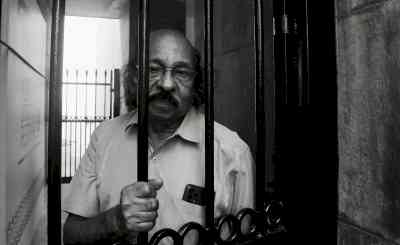
SUKANT DEEPAK
Kozhikode, Jan 15 (IANS) Someone who the 'Los Angeles Times' and 'The Guardian' newspapers reported as a potential winner for the Nobel Prize for Literature in 2011 and 2022, K. Satchidanandan, a pioneer of modern poetry in Malayalam, translated widely into different international languages stresses that at a time when multiplicity of cultures is being challenged, artists need to emphasise the diversity that forms the very core of India.
"We must talk about the plurality. Our civilisation will be ruined if we reduce it to something monolithic. Destruction of democracy and plurality is my biggest fear. Having a choice is the essence of our freedom, and we need to maintain that," the poet who is also the Festival Director of the Kerala Literature Festival (KLF) being held in the coastal town tells IANS.
He feels all great poetry in some sense is a conversation between ethics and aesthetics where there is ethical inspiration behind along with aesthetic stimulus.
Adding that all the poets he admires from various parts of the world are concerned with larger issues and try to create a new sense of aesthetics, he adds: "Your poems have to look and read like poetry. They must engage with ethical questions of the time they are written in. The best poets develop a dialogue with themselves and others."
Talking about the 8th Mahakavi Kanhaiyalal Sethia Award for Poetry which he will receive at the upcoming Jaipur Literature Festival (JLF), the poet, who has received more than 60 awards says: "I have a long-standing relationship with JLF ever since its inception, and really happy to receive the honour."
Someone who has also translated several Bhakti Sufi poets says he felt they were talking to him, and about our times.
"They went beyond the spirituality of established religion -- it was an organic kind of spirituality and beyond science, and how science and both are trying to decode the mysteries of the universe. This is why poetry gains immortality and goes 'beyond'. You remember the finest poets because they were not only speaking to their own people but also to all human beings across generations. While they were often inspired by the past, we read them as contemporaries -- trying to understand the meaning of conflicts in the human mind."
The poet, whose poetry collections have been translated into more than 30 languages believes that in contemporary times, a major 'role' of artists is to speak fearlessly as hatred is being manifested in different avatars.
"We must respond to the time we are living in. It is important to keep optimism alive, no matter how difficult that may be. Yes, at times, I do feel pessimistic and do not know if there is a way out. But then, we must keep the will alive and hope one that day people will understand the truth and retrieve our democratic values."
Also the President of the Kerala Sahitya Akademi, under whose leadership an LGBTIA festival was held recently, he says: "It was a tremendous success as this is for the first time their works were being recognised in public. We discovered several new young poets and authors. It is paramount that akademis are forever on the lookout for new talent."



 IANS
IANS 
